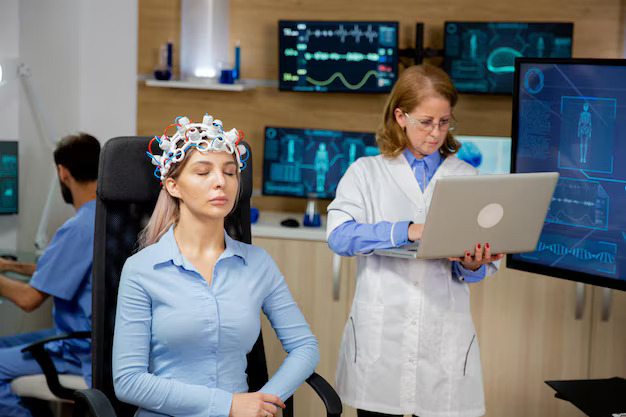Public Opinion: How Americans Perceive AI Chatbots in Healthcare
Americans' AI health trend: Chatbots gain trust, help mental health, cut bias, doctors approve.


Public Opinion: How Americans Perceive AI Chatbots in Healthcare
Imagine this: You have a pressing health question, and instead of waiting days for a doctor’s appointment, you get an instant, accurate response from a friendly AI chatbot in healthcare.
Sounds futuristic? It’s not—it’s happening now. AI chatbots are making waves in healthcare, offering quick advice, streamlining processes, and even helping diagnose diseases.
But how do Americans really feel about this tech-powered transformation? Are they embracing these virtual assistants as a solution to healthcare inefficiencies, or are they hesitant about trading human touch for AI chatbot precision?
Let’s explore the data, dive into public opinion, and uncover why AI chatbots in healthcare might just be the future of healthcare—despite a few lingering doubts.
Check this out: 90% of Healthcare Executives See Positive ROI from GenAI Investments

AI Chatbots: Bridging the Healthcare Gap
AI chatbots in healthcare are being used for an array of purposes: answering health-related questions, triaging patients, supporting mental health, and even recommending treatments. Here’s what the data tells us about their role:
- 17% of U.S. adults use AI chatbots to find healthcare information. Usage skews younger, with 25% of adults aged 18–29 turning to chatbots, compared to 20% of those aged 30–49.
- Among professionals, adoption is rising—over 1 in 10 healthcare providers already incorporate AI tools, and nearly 50% plan to adopt them soon.
“Quick, Accessible Healthcare Advice”
Patients increasingly appreciate the ability of AI chatbots to provide instant, 24/7 assistance, saving them time and effort.
According to a Cleveland Clinic survey, 72% of respondents believe healthcare AI chatbot advice is accurate, though 89% still seek doctor confirmation for peace of mind.
Growing Confidence in AI Chatbots
While skepticism lingers, more people are warming to AI chatbots in healthcare.
Studies show that familiarity breeds trust:
- Among regular AI chatbot users, 38% report being somewhat confident in the accuracy of the information they receive, compared to only 18% of non-users.
- Confidence is highest among younger users, with 43% of adults aged 18–29 saying they feel somewhat confident using AI chatbots in healthcare for advice.
“Younger Generations Are Leading the Way”
Younger Americans not only use AI chatbots more frequently but also express greater optimism about their role in healthcare.
As AI becomes more integrated into platforms like search engines and telehealth apps, its accessibility to younger, tech-savvy audiences will continue to grow.
Read more on AI Chatbots in healthcare here! Market Growth Transforming Healthcare with AI Chatbots, GenAI, and LLMs

Addressing Bias in Healthcare Through AI
One of the most promising aspects of AI chatbots in healthcare is their potential to address racial and ethnic biases in healthcare:
- Among individuals concerned about bias, 51% believe AI chatbot technology will help mitigate it, while only 15% think it will make it worse.
- Tools like natural language processing and data analysis systems rely on standardized algorithms that eliminate subjective human judgment, making care more equitable.
For example, healthcare AI chatbots can assist in diagnosing diseases without being influenced by a patient's background, leading to more consistent outcomes across diverse populations.
Key Applications: Where AI Shines
Certain applications of AI chatbots in healthcare stand out for their effectiveness and acceptance:
- Skin Cancer Screenings
- 65% of Americans are comfortable using AI chatbots for skin cancer screenings.
- 55% believe it improves diagnostic accuracy, with only 13% fearing inaccuracies.
- Mental Health Support
- Healthcare AI chatbots like Woebot and Wysa offer on-demand mental health support, appealing to individuals reluctant to seek in-person therapy.
- 1 in 4 Americans say they would prefer talking to a healthcare AI chatbot over a human therapist for mental health advice.
- Among users, 80% found AI chatbot therapy effective.
- Heart Health
- 60% of Americans believe AI chatbots can improve heart care.
- AI Chatbots can assist in monitoring vitals and providing personalized heart health recommendations, supported by real-time data analysis.
- Reducing Medical Errors
- 40% of Americans believe AI will reduce errors made by healthcare providers, compared to 27% who think it might increase mistakes.
Want to Read more on AI chatbots in healthcare? Just Click Here!

What the Experts Say About AI in Healthcare
Leading medical professionals at Cleveland Clinic, Ohio, United States emphasize that AI has the power to transform healthcare while complementing, not replacing, human expertise.
Their insights shed light on the practical applications and limitations of AI tools including AI Chatbots in healthcare:
- Samir Kapadia, MD, Chairman of Cardiovascular Medicine at Cleveland Clinic highlights the revolutionary potential of AI, particularly in cardiovascular care.
He states, “AI has the potential to transform healthcare, especially in cardiovascular care. We want to educate patients about its role in assisting, not replacing, healthcare professionals.”
- Ashish Surraju, MD, Cardiologist at Cleveland Clinic emphasizes how AI can optimize workflows by handling large volumes of data.
“AI can help process data from studies like echocardiograms, freeing up doctors for more complex tasks,” he notes. By analyzing complex imaging data quickly and accurately, AI enables physicians to focus their expertise where it’s needed most.
These expert opinions reflect a balanced perspective on integrating AI in healthcare—leveraging its capabilities to improve efficiency while ensuring that the irreplaceable human touch in patient care is maintained.
The Bright Future of AI in Healthcare
As the integration of healthcare AI chatbots continues, its potential to revolutionize healthcare becomes more evident. Consider these promising trends:
- 79% of Americans using wearable health tech (like step counters or heart monitors) report positive physical and mental changes.
- Providers are increasingly using AI chatbots to enhance workflows, from appointment scheduling to medical research, reducing administrative burdens and improving care delivery.
- Among professionals, 95% reported a shift toward a more positive perspective after reviewing AI chatbot medical advice .
“Faster, Smarter, and More Inclusive Care”
AI is uniquely positioned to address systemic challenges in healthcare, from reducing wait times to making care more accessible in remote areas.
With 8 in 10 Americans agreeing that Healthcare AI Chatbots can enhance quality and accessibility, the future of healthcare is clearly headed toward a tech-driven transformation.
Final Thoughts
AI chatbots in healthcare are revolutionizing access to care, with 17% of U.S. adults already using them for health information and nearly 50% of healthcare providers planning to adopt AI tools soon.
Their ability to provide instant, 24/7 assistance, address biases, and improve diagnostics has made them indispensable, with 65% of Americans comfortable using them for screenings and 80% of mental health users finding them effective.
While challenges like privacy and trust persist, the overwhelming potential for faster, more equitable care is undeniable.
Are you ready to embrace the future of healthcare with AI chatbots?
Ready to Transform Your Industry with AI Chatbots?
Join the leaders revolutionizing healthcare and beyond with Makebot. From advanced healthcare AI chatbots to tailored, cost-efficient LLM solutions, we deliver cutting-edge technology optimized for your needs.
Contact us today to discover how Makebot can drive innovation in your business with trusted, industry-specific chatbot solutions.
📧 Email us at: b2b@makebot.ai

Studies Reveal Generative AI Enhances Physician-Patient Communication





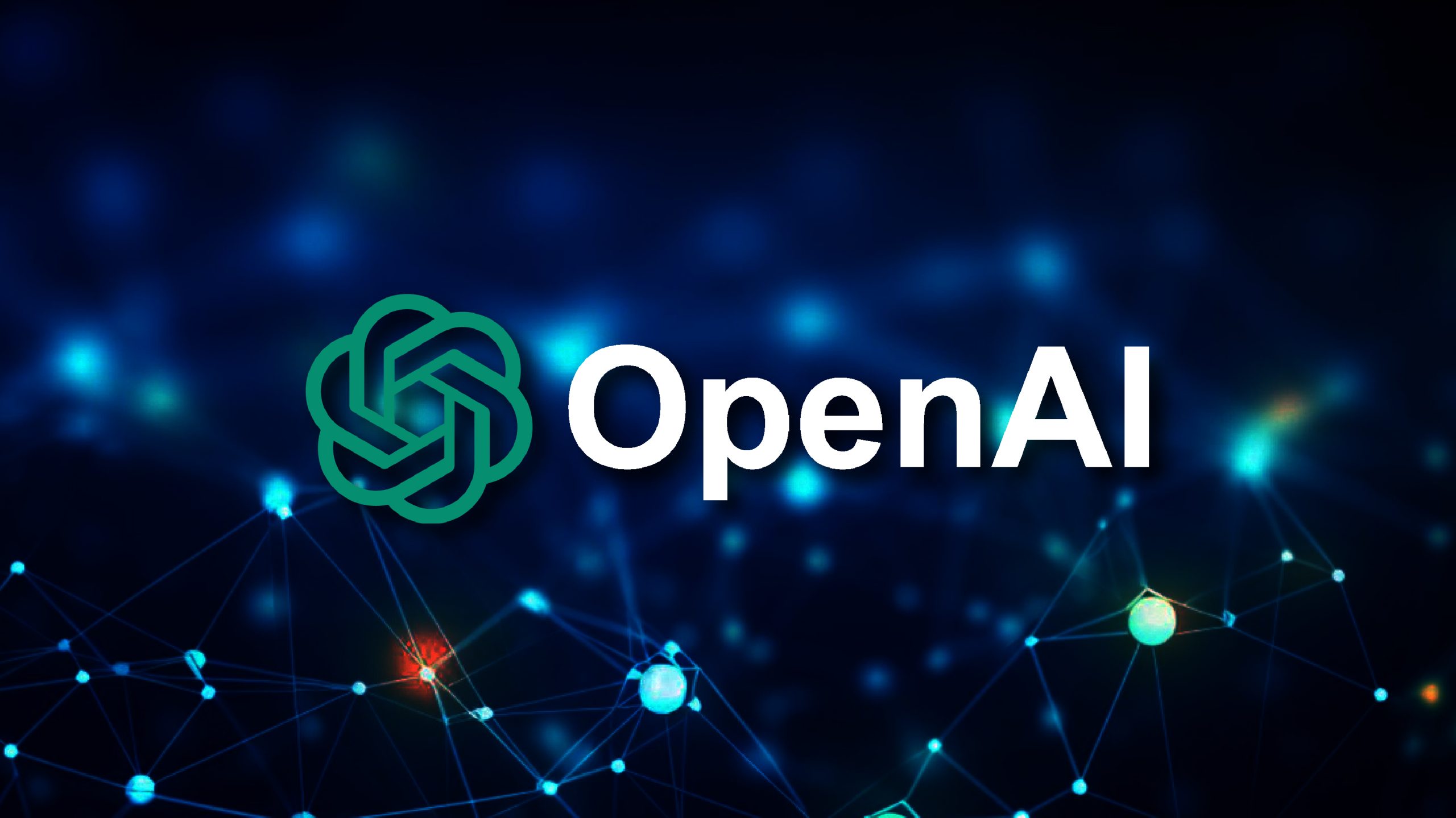



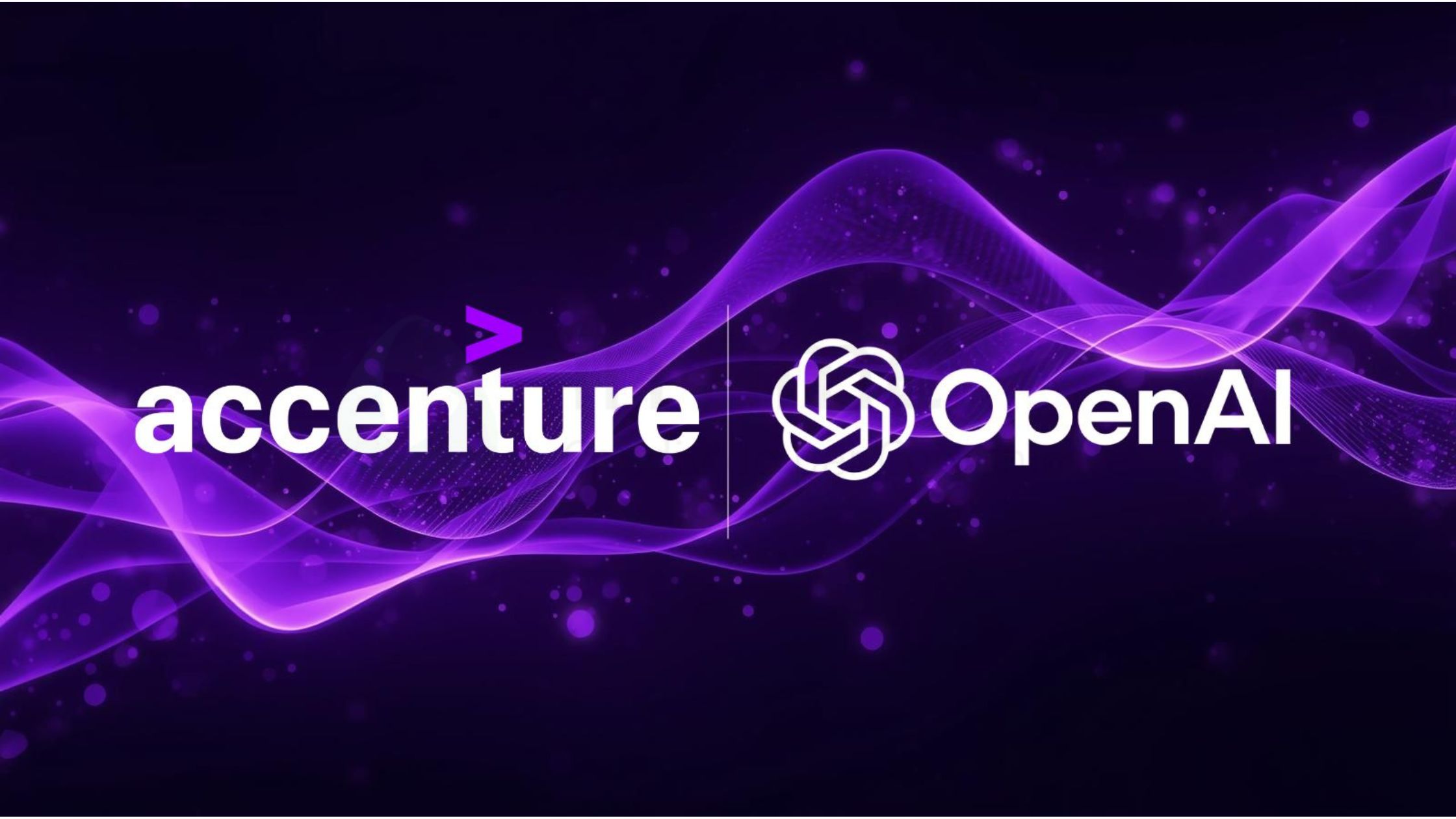
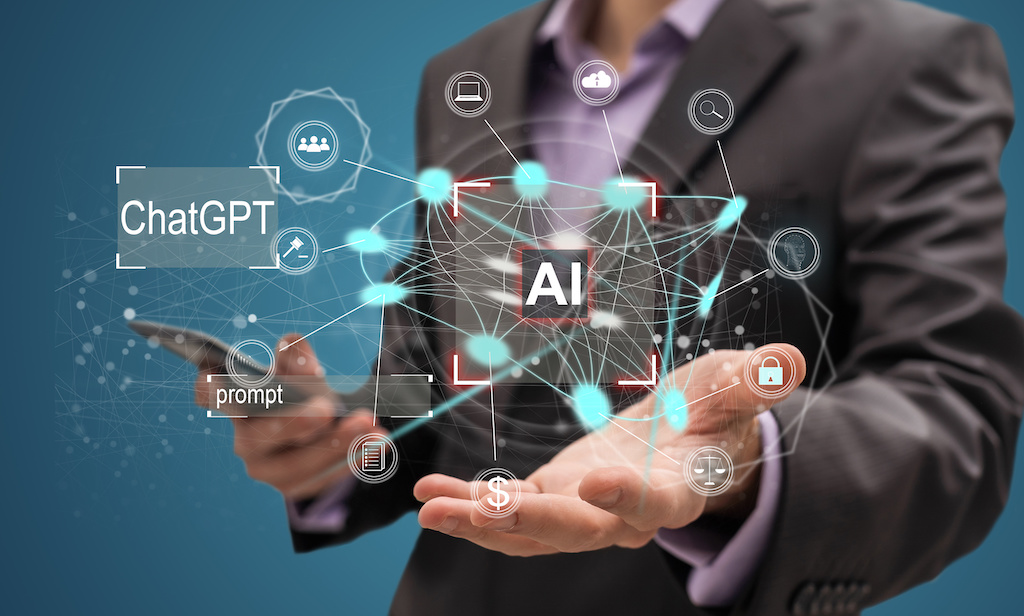


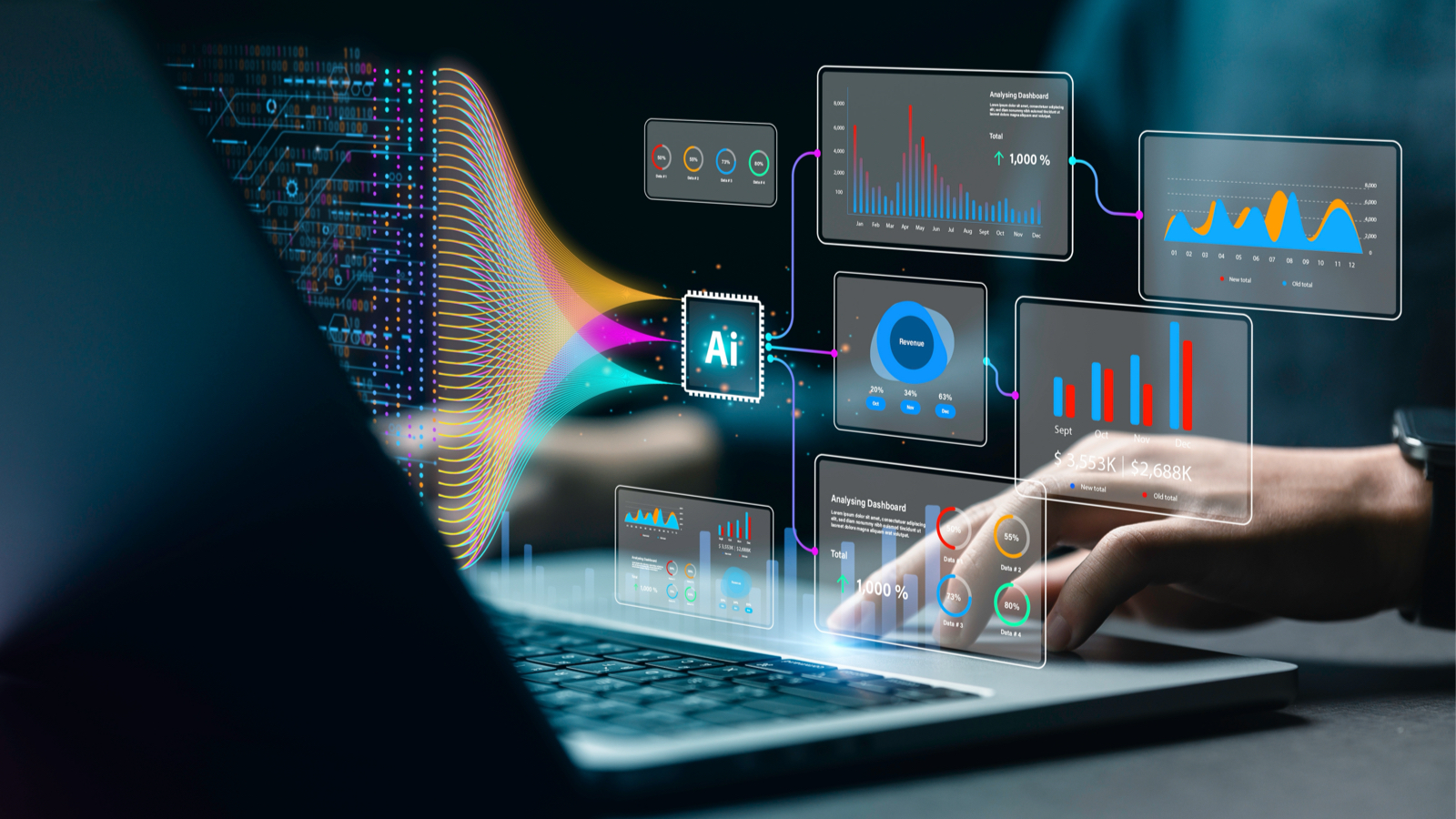






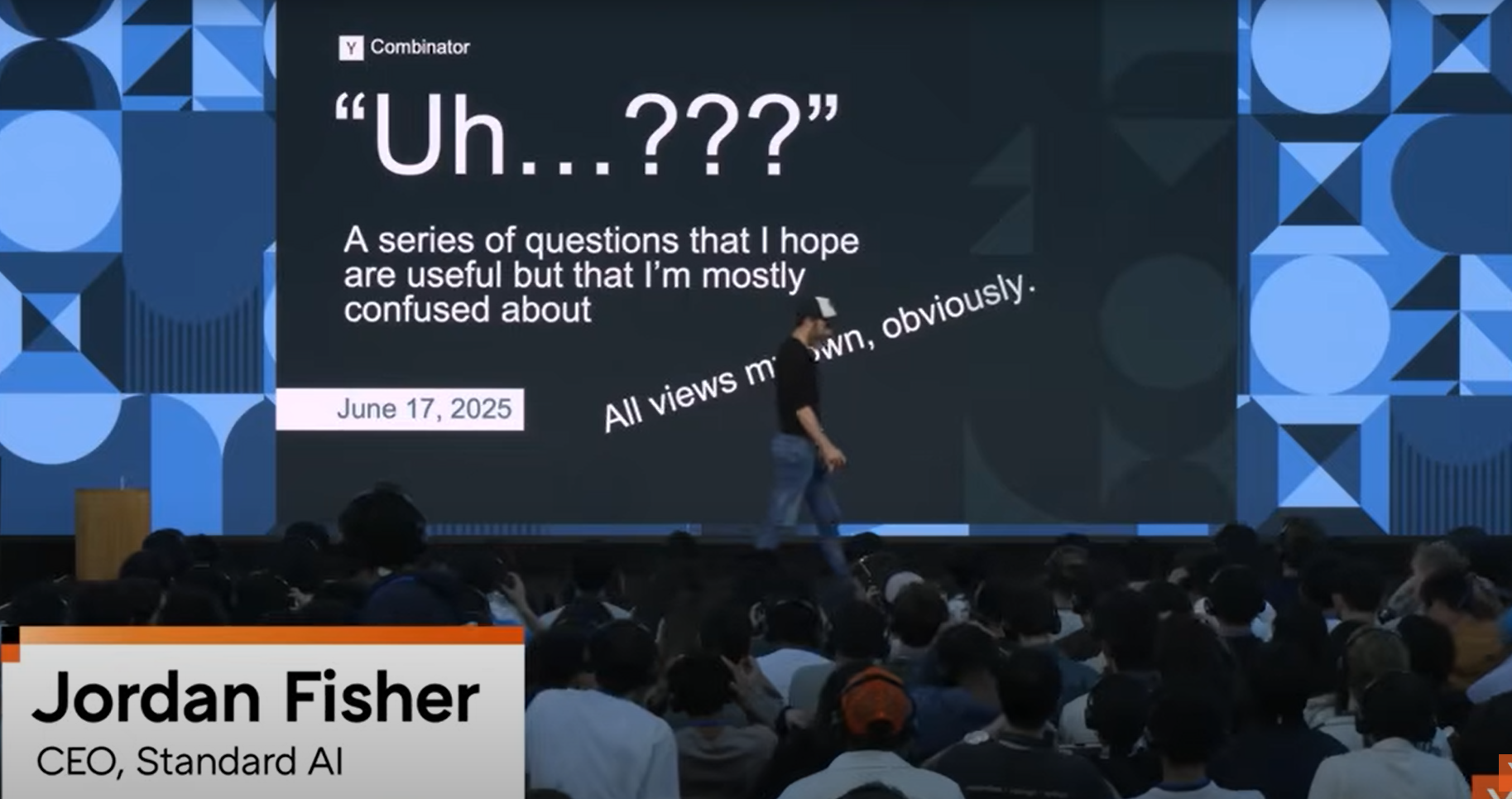




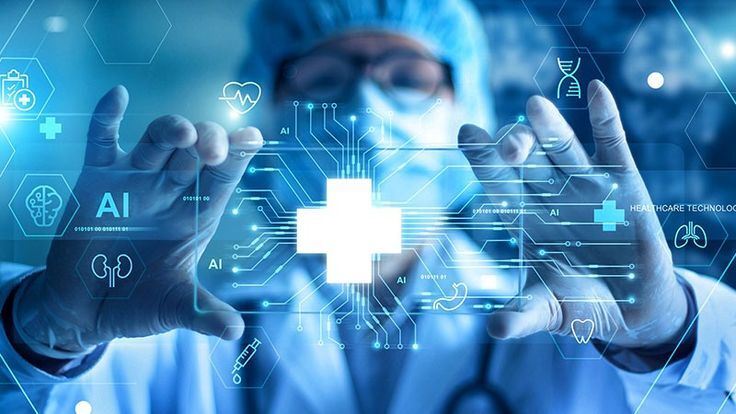

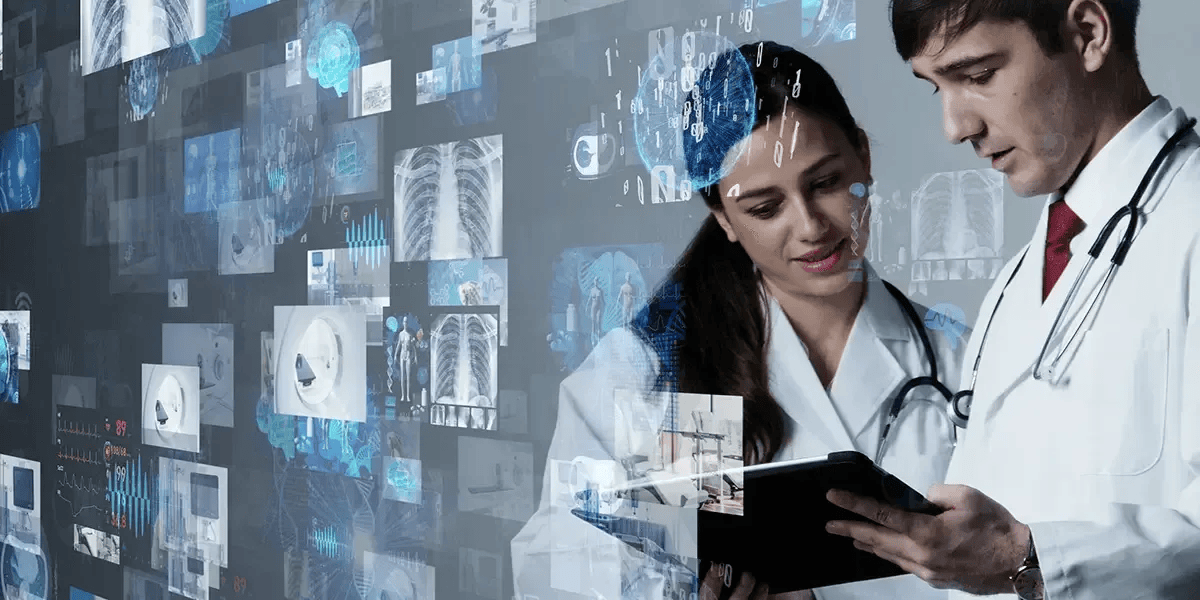



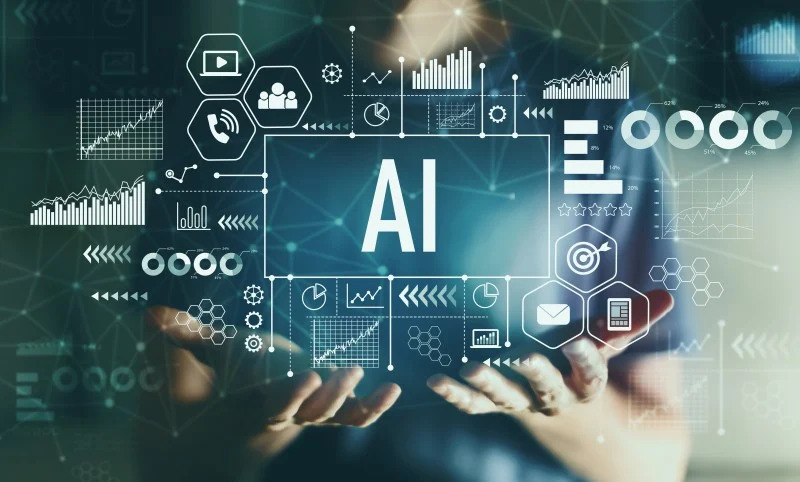



















_2.png)


















.jpg)













